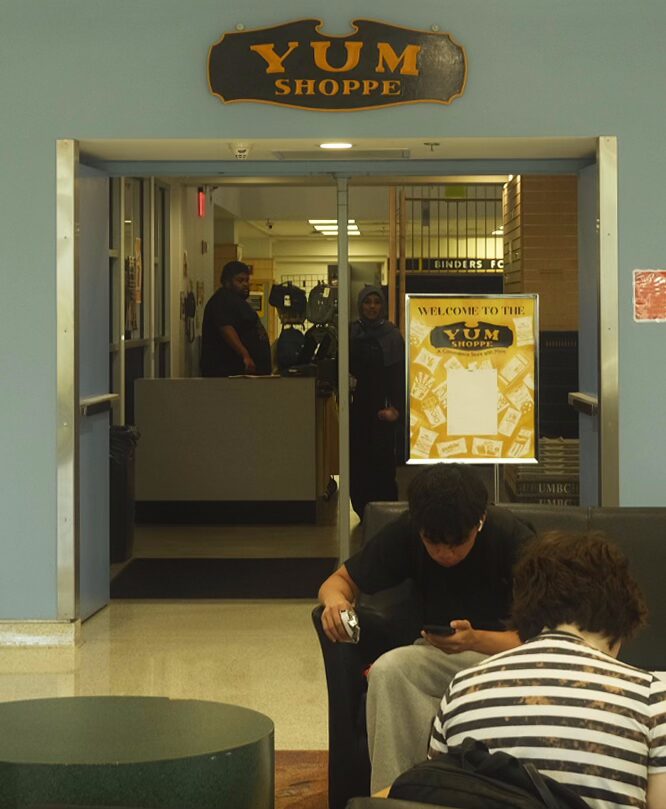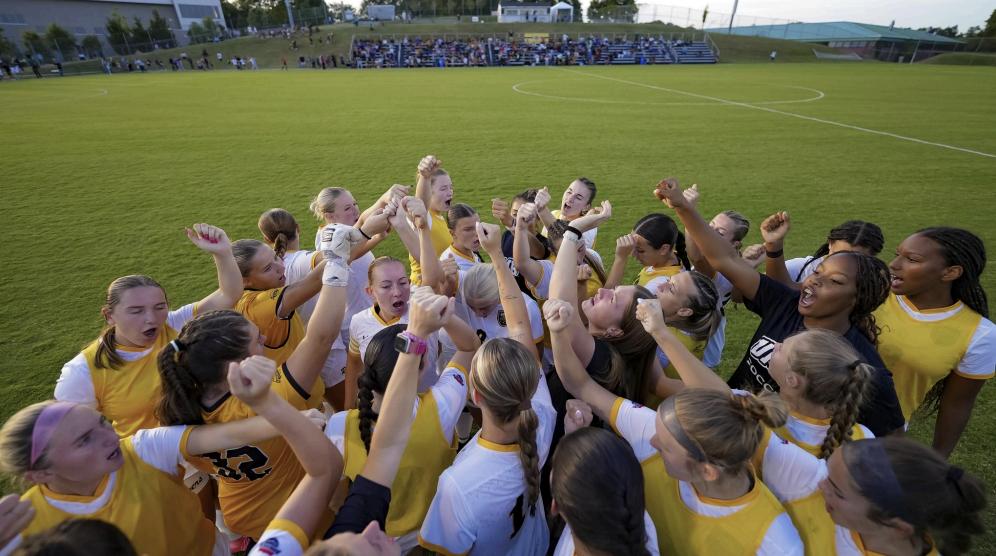Baring their hearts, souls and drama – but not their names – students of the University of Maryland, Baltimore County found catharsis in anonymously posting to Facebook this past month. Then, almost as quickly as UMBC Confessions and later UMBC Tea had sprung up, both pages were deactivated by their admins. The student body has since been left to wonder about the admissions made, the page creators and the ethics of encouraging anonymous confessions on social media.
“It was literally a 24 to 48-hour flash in the pan for Confessions. It was there, and then it was gone. Tea lasted for a week after, and I’m pissed off that it’s gone, too,” says one sophomore psychology major. Similar to his interactions with both Facebook pages, he has requested anonymity for this article.
“First impression of the [UMBC Confessions] page were that it was fun, and pretty funny at times! Some people used it to compliment their friends, and that was really wholesome,” shares information technology senior Samuel Becker, “But there was always a gut feeling that it would go downhill fast.”
The subject matter soon became more risqué, to the initial delight of its readers. “It was sex stories and funny things I’ve done on campus. Having sex in my roommate’s bed, having him walk in on us drunk, shitting in the library pond, that sort of thing. I just thought they were funny stories I didn’t want my name attached to,” the previously quoted psychology major explains of his confessions. Denying anything on either page amounted to cyberbullying, he claims, “It was fun.”
Cassie Le agrees with Becker’s assessment. “I initially thought it would be spicy and fun, until I started seeing nasty, racist and false things written with people’s full names sometimes included,” expresses the recent graduate. She was one of the first to question the place of the page within the community, declaring its behavior felt more appropriate for a high school than for a university. “I was just reminding people that we’re all supposed to be adults, and we shouldn’t do uncool things,” she explains.
A 2015 study in France found that, while 68.7 percent of those surveyed believed anonymous posting represented more viewpoints, 83 percent thought it fostered hate speech, as reported by the French radio station RFI. Shortly after UMBC Confessions went live, there were posts on the school meme page decrying it for cyberbullying, and it was soon deactivated. UMBC Tea subsequently arose to fill the void, before meeting the same fate days later.
“The only people that really got called out were actually shitty people – like pedophiles, stalkers and cheating exes. But once again, people got scared of the potential for cyberbullying, and it got taken down. It’s a shame,” laments the psychology major. He has his own theories as to who created the pages, implicating anyone from an Honors College sophomore to admins of the university meme page. Now, although he enjoyed both pages, he views the university as “way too sensitive” to ever let another reboot endure.
Becker, who is also a co-creator and current admin of the school’s meme page, does not believe the pages should be revived. “It crashed and burned with spam, and turned into a toxic rumor mill,” he contends, and some of the surviving screenshots indeed showcase a degree of vitriol. “Because in their nature, people feel shielded behind a spotlighted veil of anonymity, and say things that they would not typically say in a more public setting. So people use this to say compliments to their friends, post jokes, saucy revelations, be jerks or even sometimes post legitimate complaints. But mostly just be jerks,” he says.
These are not the first confessional-style pages for the university, as Becker cites similarly failed Twitter counterparts from 2013 and 2017. “Failure sort of seems intrinsic with these platforms,” he says. Just as they are bound to die, they are likely bound to spawn new creations from time to time, marking another feature in UMBC’s increasingly social media-dominated history.



